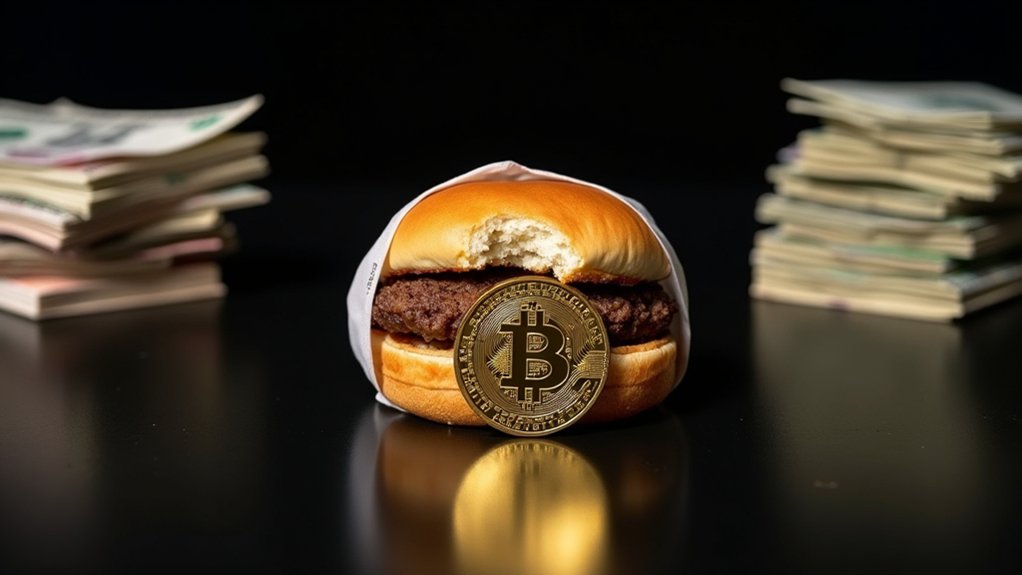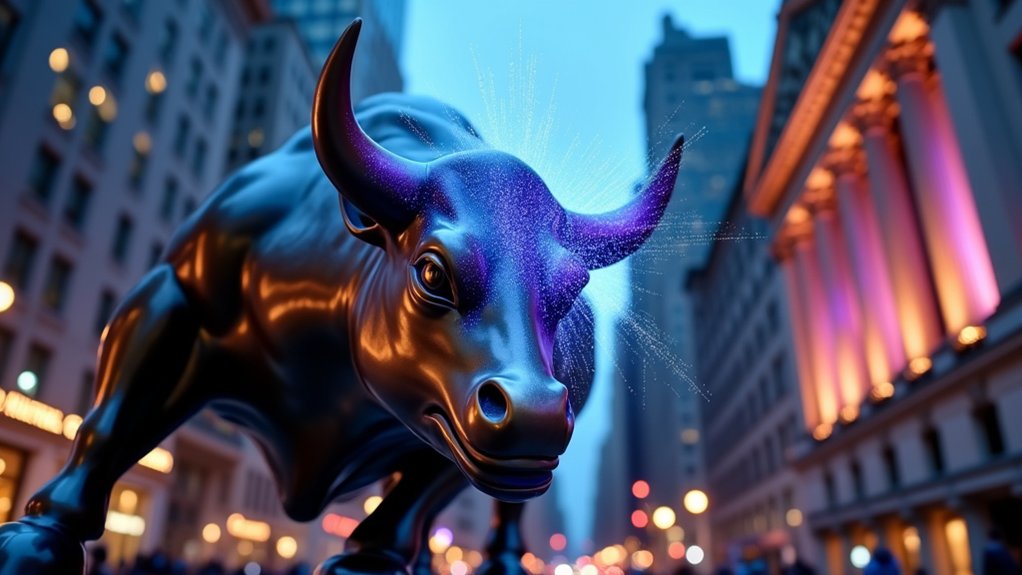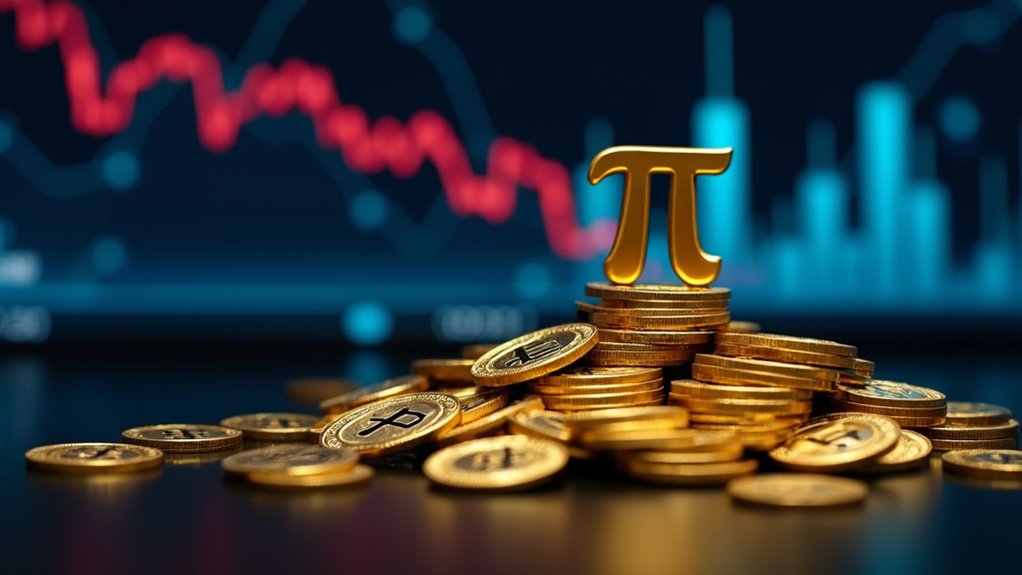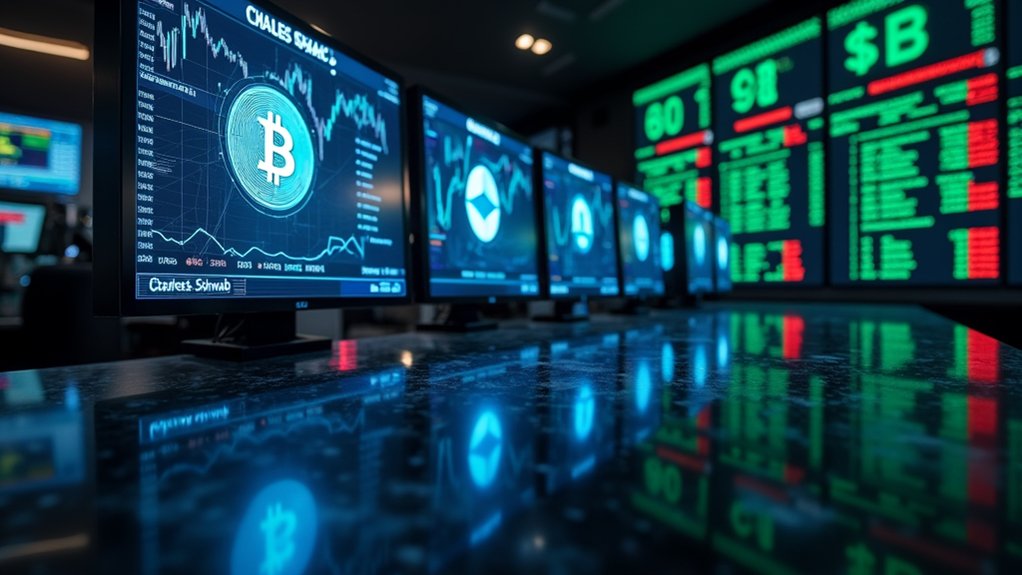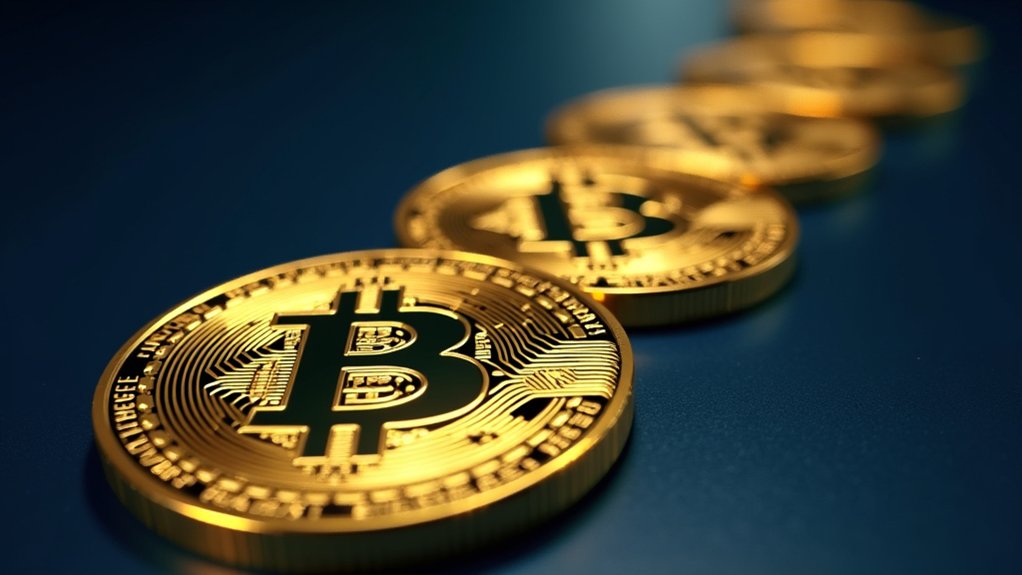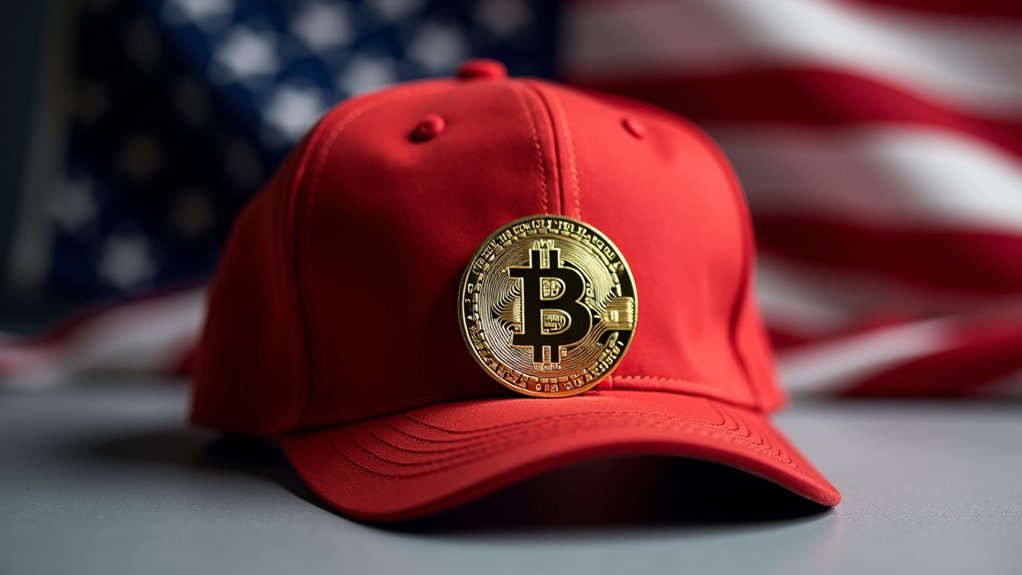While the U.S. dollar has long reigned supreme as the world’s reserve currency, Bitcoin is muscling its way into the global financial conversation. Major financial leaders are seriously discussing Bitcoin as a potential replacement for the greenback, particularly as mounting U.S. national debt raises eyebrows about the dollar’s staying power. Unlike government-controlled fiat currencies that can be printed at will, Bitcoin’s fixed supply of 21 million coins makes it an intriguing alternative. BlackRock CEO Larry Fink’s recent endorsement has given Bitcoin unprecedented institutional credibility.
But here’s the thing about Bitcoin: it’s as volatile as a teenager’s mood swings. Try pricing a Big Mac in Bitcoin, and you might need to update the menu every hour. This wild price instability has kept Bitcoin from becoming the everyday currency that its early advocates dreamed about. Sure, it’s recognized as legal tender in a few countries, but you still can’t buy your morning coffee with it in most places. Transaction processing takes just minutes compared to traditional banking that can delay transfers for days.
The beauty of Bitcoin lies in its rebellious nature. No government controls it. No central bank can mess with its supply. It moves across borders without asking permission, like a financial version of James Bond. Its decentralized network means it’s practically impossible to shut down – try doing that with your local bank branch. The dollar and Bitcoin may actually work together as stable coins support the dollar’s global dominance.
Bitcoin: the financial rebel that breaks all the rules and laughs at borders, dancing beyond government control like a digital outlaw.
Institutional players are taking notice. Financial firms are rolling out Bitcoin products faster than you can say “blockchain,” and its reputation as “digital gold” is gaining traction. But Bitcoin’s path to global currency status faces real hurdles. The network can get congested, transaction fees can spike, and those price swings? They’re enough to give any accountant a headache.
The real question isn’t whether Bitcoin can replace the dollar tomorrow – it’s whether it’s carving out its own unique role in the global financial system. With its fixed supply and borderless nature, Bitcoin offers something different from traditional currencies. But until you can confidently price that Big Mac in satoshis without worrying it’ll cost double tomorrow, Bitcoin’s journey to becoming a true global currency remains a work in progress.
